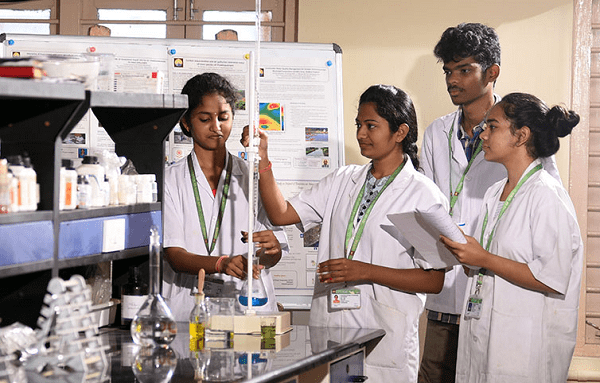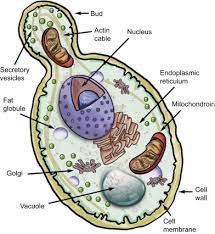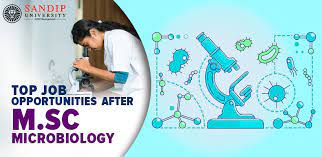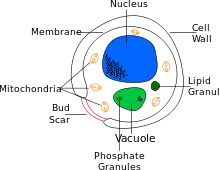Master of Science in Microbiology (M.Sc.Microbiology)
Master of Science in Microbiology (M.Sc.Microbiology)- A Master of Science in Microbiology (M.Sc. Microbiology) is a graduate-level academic degree program that focuses on the study of microorganisms, which include bacteria,…












